SURJ for Bowman Day is Saturday June 8th!
All eyes in this Democratic primary cycle are on defending “The Squad,” our movement-aligned champions in Congress, and SURJ NYC’s electoral work this Spring is laser-focused on re-electing Rep. Jamaal Bowman, whose NY-16 district includes parts of the Bronx and Westchester County. This Saturday, June 8th, SURJ NYC and SURJ Westchester are putting together an epic day in the city and Westchester, and we want you to be part of it!
12:00pm-2:00 pm, Central Park
This month’s SURJ NYC Chapter Meeting will be in Central Park, focused on base building for the chapter’s #CareNotCriminalization campaigns + SURJ NYC & Westchester canvassing for Jamaal Bowman.
2:00pm, Canvass Launch from Central Park!
Directly after the chapter meeting, we will launch canvasses for Jamaal Bowman, carpooling from Central Park to take people to Irvington to knock doors!
NOTE: Please sign up for canvassing 11:00am-4:00pm even if you are joining the later shift leaving from Central Park, and please fill out this transportation form so we can match drivers with passengers and make sure every canvasser has a ride!
6:00pm
After canvassing in Irvington, SURJ NYC is invited to a nearby house party fundraiser 6:00pm-9:00pm with Jamaal Bowman in person, co-hosted by a comrade from SURJ Westchester.
SURJ NYC, SURJ Westchester and SURJ national members getting ready to canvass in Hastings on Hudson for Rep. Jamaal Bowman
And get ready for another big collaborative weekend with SURJ NYC, SURJ Westchester, and SURJ National June 14th-16th!
Friday, June 14th
6:00pm-9:00pm, All Angels’ Church, 251 West 80th Street, NY
Join SURJ NYC and SURJ Westchester for an art build for Jamaal Bowman! We'll be creating materials for the home stretch of the campaign and others to use for SURJ gatherings in New York and beyond. No art expertise is needed! Anyone is welcome - your friend, your neighbor, or your family members! Food will be provided! Folks are welcome to come and go on a rolling basis until 9pm.
Saturday, June 15th
Bronx Power Up Block & Build Training (registration link to come!)
9:00am-12:00pm, Co-op City, Bronx
Join SURJ, Movement for Black Lives, and Working Families Party for a training on building independent political power for the multiracial working class.
Then come…
Canvass with SURJ NYC & SURJ Westchester for Jamaal Bowman
1:00pm-5:00pm, Irvington, NY
And then join us in the Upper West Side for the big evening finale!
Bring Your People: A SURJ Community Meeting
6:00pm-8:00 pm, All Angels’ Church, 251 West 80th Street, NY
Join SURJ NYC, SURJ Westchester, and SURJ National to gather in community, take stock of this moment, and commit to action. We’ll share food, laughs, and music and connect with other regular people coming together to learn our part. No experience with SURJ or organizing necessary. Join us and bring your people!
Sunday, June 16th
Canvass with SURJ NYC & SURJ Westchester for Jamaal Bowman
11:00am-4:00pm, Mamaroneck, NY




